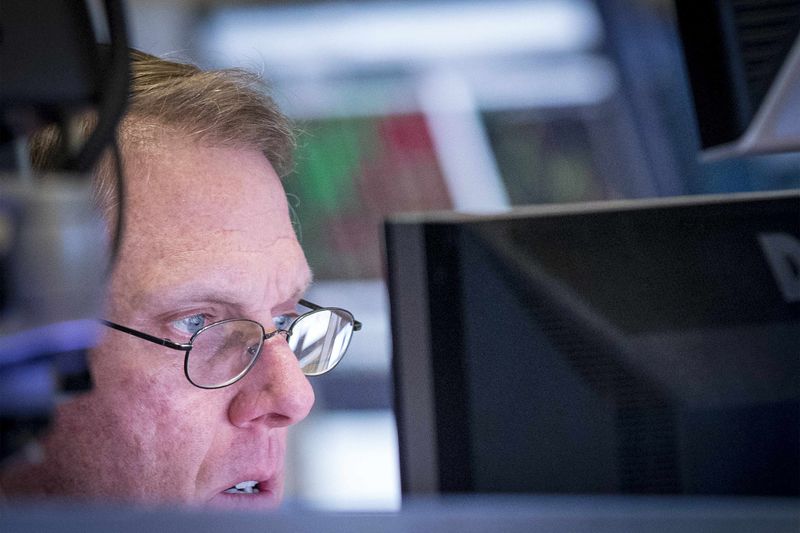US Consumers Anticipate Rising Inflation, Yet Financial Outlook Improves
In a recent survey conducted by the New York Federal Reserve, U.S. consumers indicated that they expect higher inflation rates in the future. Inflation expectations for the upcoming year rose from 2.9% in October to 3%. Over a three-year horizon, inflation expectations increased from 2.5% to 2.6%, while the expected rate for five years ahead climbed from 2.8% in the previous month to 2.9%.
Despite these inflation concerns, notable optimism was observed regarding personal financial situations. Many participants indicated that they expect improvements in their financial conditions, marking the highest level of positive financial expectations since February 2020. Conversely, the proportion of those anticipating a decline in their financial well-being fell to its lowest level since March 2021.
The survey, conducted throughout November, revealed differences in inflation outlooks based on educational attainment. College graduates forecast higher inflation rates, while non-college graduates anticipate a decrease in inflation. This divergence highlights the impact of education level on economic perceptions.
Contrary to inflation expectations, consumers foresee a weakening in gasoline, rental, and food prices in the coming year. However, they expect higher costs for healthcare and higher education. Expectations for increases in housing prices remained steady at 3% for November.
The release of the survey coincided with expectations that President-elect Donald Trump will implement measures that could lead to pricing pressures. These measures include imposing high tariffs and deporting immigrants, alongside tax and spending plans that could significantly increase deficits.
The Federal Reserve is expected to lower the benchmark overnight interest rate by 0.25% at its policy meeting on December 17-18. The outlook beyond this point remains uncertain due to the unpredictability of Trump’s policy agenda and ongoing inflationary pressures.
Additionally, the survey indicated that perceptions of current financial situations and access to credit remained stable, but optimism regarding the future of the economy and personal income growth has increased. However, a slight softening in the labor market outlook was observed.
Unexpectedly, survey participants lowered their expectations for government debt growth to the lowest level since February 2020. This contradicts economists' forecasts of higher deficits under the Trump administration. Furthermore, households believe that the likelihood of interest rates on savings accounts increasing next year is higher, which is at odds with the anticipated trajectory of the Federal Reserve's lower interest rate policies.


